|
The first thing I noticed in Uganda’s Kibale National Forest Park was the abundance of butterflies. It looked like petals were falling all around us, a shaken bouquet of iridescent pale blue, lime green, lucid white, pink-spotted, bright yellow, and deep black wings. Everywhere they fluttered.
If a forest is home to so many different butterflies, I thought, what other marvelous, mysterious creatures live here? We had come to track Kibale’s most famous residents: chimpanzees! It’s hard to write chimpanzee without an exclamation point, they are so exciting. I never imagined that I would get to see them--humans’ closest genetic relatives, along with bonobos--in the wild. Yet my guidebook informed me that Kibale is one of the best places in the world to encounter them. Here, amid 351 species of trees and 12 other types of primates, a group of chimps has been habituated to human contact. An experienced tracker can find them about 90 percent of the time, and every day tourists get to spend one hour in their presence for a fee of $150 per person. Our guide was named Ronald. He is Ugandan and has been tracking chimps for 14 years. “They know me well,” he said. He led us up a red road into the park, and then he turned sharply left into the forest. Suddenly we were surrounded by tall trees, strangler figs twisting up trunks, vines cascading back to the earth. Everywhere it was green, but not so dense that we couldn’t make our way. We heard thunder rumbling. After about a half hour of hiking, Ronald turned around and said, “They are here.” We walked a few more steps, and only ten feet away a chimp was stretched out on the ground on its back, an arm hanging lazily above its head. It looked so relaxed, so languorous and at peace. It was taking an afternoon snooze. The chimp glanced in our direction and then looked away, not caring. It was the most beautiful thing to see this animal in the wild, so fully at ease. Several other chimps were in the distance, some sitting, some picking at leaves, some lying down. The alpha male sat not too far away, looking ominous. A tourist got too close and the male suddenly swung a branch in the air. She had violated his space, and he was demanding respect. This chief chimp moved deeper into the forest, and one by one the other chimps followed, using all four limbs, quickly and smoothly. We slowly walked after them, sometimes losing sight of their dark bodies in the shadows and thick of the jungle. Then we came upon a solitary chimp resting its back against a tree trunk, looking around slowly, quietly, meditatively. Perhaps somewhere way, way down the silly strings of this chimp’s DNA lies a genetic tie with Henry David Thoreau and his Walden. We belong in nature, too, I thought. Before our hour with the chimpanzees(!!) had ended, we reached the park’s “grasslands,” which was really a mass of vines and thorny branches tangled with tall stems. Ronald wanted to press on, to see the chimps one more time. “I must try,” he said. So we tumbled through a green vortex, with the jungle grabbing at our legs and arms, leaving us pin-cushioned with pokey seedpods. We were rewarded with an amazing view: a chimp crouched just a few feet away, employing his big strong arm and dexterous fingers to delicately pick something tasty off a plant. So much power used with so much grace.
3 Comments
In front of me is the wide mouth of the Nile River, where it pools out from Lake Victoria near Jinja, Uganda, and begins its very long journey all the way to Egypt and the Mediterranean Sea. The opposite bank is pressed and folded with cultivated fields, as I imagine it’s been since humans first started farming along the Nile thousands of years ago. On our bank, which I can see from our hotel balcony, long wild grass wades into the water. I’ve seen gray herons and white egrets disappear into the blades.
The two palm trees in front of me squeak and squawk with bats. Hundreds of them have come to sleep away the hot day underneath the collapsed leaves near the trunk. I’ve watched them fly unsteadily into the branches, latch on, and then use their hook-like elbows to climb into the shade. They look like discarded rags that have wiped away the night. Now the bats have disappeared, and I imagine they’ll swarm out again at dusk. I like bats, a sort of underdog of the winged world. I can hear them in the trees, settling domestic disputes and cracking jokes with noisy uproars and then more gentle, Gremlin-like coos. These are Nile River bats, and they must have special bat status because of their location. There is probably a hierarchy for who gets the most cool, comfortable spots in the trees. So far, I have loved being in Uganda. Everywhere you look here something is green and growing. Along the side of the highways, there are red and purple flowering trees, huge stretches of tea bushes, groves of evergreens, and hundreds of other plants that I don’t recognize. Many of the trees look ripe for monkeys, and I’ve spotted a few in the highest branches. I’ve also seen truckloads of green bananas, piled in gigantic bunches like a meal for King Kong. He probably retired here. I cannot blame Mr. Kong--the people of Uganda are some of the politest I’ve ever met. It is bad manners to have any conversation without first saying, “Hello! How are you?” And then you must genuinely listen to the answer and perhaps offer a handshake. Only then can you ask, “How much for a bottle of water?” This is the same case when you relate to the boda-boda (motorcycle taxi) drivers. You cannot just go up and say, “How much to go to the pharmacy?” You must first find out how the driver’s day is going. This makes every single exchange feel just a tad deeper, just a bit more in touch with the fact that we’re all people, not just bats fighting for a better spot on the palm tree. On the sept-place (seven-seat station wagon) we crammed into for the ride from Dakar to Saint-Louis, three women sat in front of us wearing traditional wraps of fine printed fabrics in yellow and pink, with headscarves that they kept tidying in the wind. As the car rumbled to a start, they turned around and plopped clementine oranges in our laps. They also passed back butter cookies to share. It was a moment of kindness that softened our pokey seats. I offered the women our chocolate wafer cookies in return, and they accepted. Later, when a young boy came to our window with his hand held out, I gave him another orange that I had brought with me. Because the women gave me a clementine, I had an orange to give to the boy. It was a simple equation of generosity that makes being human seem so straightforward.
It’s the sum of these little human exchanges that I think makes public transportation possible in Senegal. The sept-place really only have room for six adults, but are sometimes filled with eight or nine. The Mercedes taxis we take have no resemblance to the upper-class cars driven in the U.S. They’re stripped to their metal bones, with no working instruments at all in the dash, doors that can only be opened from one side, and windows that won’t open. Some must be pushed to start—but whoever is standing nearby always seems to lend a hand. The larger mini-buses that are packed with 20 to 30 adults, sitting thigh over thigh, fill with heat and dust as they teeter-totter along the pot-holed roads. But perhaps the best part of traveling in Senegal has been bouncing along in these rattletraps. Though tiring and challenging, traveling in the local buses and taxis shows me how the Senegalese people relate to each other and to us, the dust-covered foreigners who have messy hair and speak bad French. For example, it’s thanks to two college math teachers, Omar Diagne and Mbaye Ndao, whom we met in the dark back of a bread delivery truck/taxi, that we easily negotiated the changes between the six different unmarked taxis, buses, and ferries that it took to get between Palmarin and Foundiougne in the country’s Sine-Saloum Delta. Another man named Etienne Dogue, who works for Heifer International in Senegal, was traveling home for Christmas to a village nearby Foundiougne with his wife Fatou and boisterous baby boy, Laoo. Etienne showed us the way to our hotel and invited us to his village on our next visit. Many other people have pointed us to the right vehicle, made room for us and our bags, told us where to get off, and wished us a “bonne continuation” of our journey. As we’re left on the side of the road, wondering what to do next, we watch our ride sputter away in a haze of exhaust, fueled by humility, humor, and so much kindness. It’s usually only a minute or two before someone asks us where we’re going and tells us how we can get there. From Saint-Louis, a crumbling French colonial outpost that was the capital of Senegal until 1957, we took a day-trip north to the Parc National des Oiseaux du Djoudj. Birds come by the millions each winter to nest and feast in the park's wetlands along the Senegal river. Our Senegalese guide, Djibi, helped us identify some of the 400-plus bird species that have been spotted here. A sign above the dock where we hired a pirogue (a small motorized boat) said, “Bienvenue l’Embarcadère du Djoudj, ou le Pelican est Roi.” Welcome to the Pier of Djoudj, where the Pelican is King.
Our pirogue driver cruised us along a wide river through the pelicans’ 40,000-acre kingdom. An alert kingfisher with crisp black and white wings and a dagger of a beak stood guard near the dock. A few white pelicans floated nearby, looking confident with their wings lifted just a little bit, like swans. Another flock zoomed above us in an elegant arrow. Further along, a group of white-breasted cormorants, in charcoal-colored coats with creamy cravats, rested in a dead tree. And in the water, hundreds of cormorants swam with just their long necks sticking above the surface. They would dive down together in a wave and a few would come back up holding a wriggling meal. We also saw anhingas with serpentine necks, bright green bee-eaters, and osprey soaring high above. A fish eagle in a white hood with a brown body, similar to a bald eagle, overlooked it all. As we picked up speed, I looked back and watched as about a dozen terns flew right behind us, fishing for minnows churned up in our wake. After about a half hour, we reached the pelicans’ palace. It was an artificial island, created by park employees as a predator-free sanctuary for the birds. On it sat thousands of pelicans, wing to wing, a squawking sea of giant beaks and white feathers. The smell was overwhelming. Our guide, Djibi, told us that the birds were nesting. They arrive around November and leave around April with hundreds of offspring. The pirogue driver turned off the engine, and we sat and listened to this royal family's raucous music. One of the highlights of our cruise around the island nation of Cape Verde was a visit to a guitar-maker's shop in Mindelo, on Sao Vicente. Here, four brothers, the Baptistas, stood in the half-light of a small shed and played the sweetest melodies for us (video above). They were all brothers of Bau, a Cape Verdean musician who plays internationally, and sons of a famous guitar-maker.
The Baptista brothers have carried on their father's trade. The owner of the shop, Luis, explained how they soak pine wood in water to form the instruments' graceful curves. Then, at the nudging of our guide, whom you can see dancing near the end of the video, Luis played us a song. The music seemed to capture the easy-breezy languor of the island life. Men from around the neighborhood leaned in through the windowsill of the workshop. Another man draped his arm over the door. A small dog wandered into the room and curled up for a nap. The song the men sang was called "Soldade," by famous Cape Verdean singer Cesária Évora. She's also called "the barefoot diva" for her habit of singing without shoes on--and for her lack of pretension even as she achieved world renown. Évora is particularly famous for her mornas, songs that give voice to an emotion called saudade. This word has no direct translation in English, but as I understand it, saudade is a feeling of deep longing for someone or something that is forever gone. It's the ache that pools in your chest when you truly miss someone. Throughout the Cape Verde islands, I saw cafés, bars, and even convenience stores named "Sodade" or "Saudade." Our guides also talked about this emotion with passion, explaining that it is an essential part of life in Cape Verde, where so many people have left to search for a better existence in the U.S. or in Europe. I've thought about what is means to be able to collectively share this yearning feeling of sadness or melancholy--how it makes it less lonely and less dark. Through music, this heartache becomes a kind of bittersweet celebration. 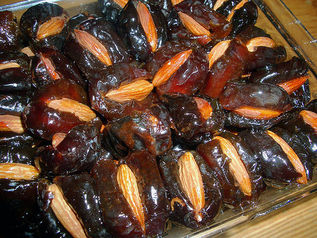 Photo of almond-stuffed dates courtesy of Alexander Becker. At the airport in Casablanca, Morocco, I saw a family, mostly women and children, waiting outside the baggage claim area. The women were covered in the traditional jelaba (loose hooded caftans) and headscarves in royal blue, lavender, and rose. Beside one of the women sat a tray with two delicate tea cups and saucers printed with flowers. There was also a decanter of what looked like milk and a plate of fruit wrapped in plastic and tied with a ribbon. As the group waited, one of the older women rearranged the cups and stuffed them with white paper napkins that she carefully puffed up like petals. A white-haired and -bearded man wearing a jelaba and Muslim kufi cap walked past customs and through the door. The women rushed toward him in a wave and made a celebratory ululation, a call that sounds a bit like the trilling ring of a high-pitched phone. Suddenly there were kisses all around, one for each cheek. The women started singing a song together. All this happened before the man had even fully exited the gate into the terminal. Out came the china cups, and the plate was unwrapped—the careful arrangement undone so quickly. The woman with her head covered in the royal blue scarf offered the treats on the plate to the whole family. Then to my surprise, she and a younger man walked around to all the strangers in the surrounding waiting area, including me, and offered what I could now see were plump dates. Mine was stuffed with large almonds. It was caramely and crunchy. In French, I asked the woman what this occasion was all about. She said that her father had just returned from Mecca (a trip there is one of the five tenants of Islam, but only if the family can afford it). The young man asked, “C’est bon?” about the date. “Oui! Oui! Merci!” I said. What I did not say is that as I ate it, I felt that I had been made part of their celebration and even their family in a small, sweet way. Later that afternoon, I could still feel that family's joy filling my stomach with warmth. On the train from Porto, Portugal, up the Douro River Valley, a woman in her 60s sat across from us, holding a dumpling of a child, stuffed plump with her grandmother’s love (and cooking?). The baby had full, flushed cheeks and squat little legs that poured out of her leather booties. The grandmother cooed as she spoke in soft, splashing Portuguese, explaining how this was a river made of water, and there were fish down below that we couldn’t see—but that we could catch and eat them. She plucked an imaginary fish from the water and the child bunched up her doughy face. It was such a joy to watch these two together—the older woman enlivened by her little restless bundle.
The Douro Valley is narrow, with rusk, amber, sable, and rosy gold vineyards quilted over the steep river banks. White villages huddle on the hillsides. The river is sleepy and reflects the fall colors. Now we sit at a little café by the water in the tiny town of Pinhão. Old men make bold statements by the bar, as I think old men do everywhere. The downward stripes of weeping willow branches contrast with the horizontal lines of the grape vines. I’m slowly drinking a glass of caramel-colored port. Porto has been such a wonderful surprise. It’s one of the prettiest cities I’ve ever visited. Cathedrals stick up their spires to test the ripeness of the horizon, and buildings decorated with painted tiles tumble and crumble down to the water. An arched bridge designed by Eiffel (of the Eiffel Tower) connects the city to a town on the other side where Port wineries serve samples of sweet, sippable nectar. We walked up and down Porto yesterday, to the top of the tallest cathedral spire down to the river, where tourist restaurants catcall to visitors. The day before we ate at a local lunch spot where we had to wait in line for a seat. Three women, two young and one older (the cook), hustled to run the place. Plates of cod, still in fins and scales, and thinly pounded lemon chicken breasts were offered. The fish was sold out (finito!) by the time we sat down, so we got the chicken, served with saffron rice and peas, and vinegary shredded carrot. It was delicious, consumed with two local Superbock beers, and for dessert, sponge cake swirled with chocolate pudding. Sometimes it’s hard for me to believe I’m here, and then for me to believe I’m not here all of the time! I already miss it, and I’m still here. We are now in Barcelona, making our way south to Africa using cheap EasyJet and Ryanair flights. In Barcelona, we went to Casa Batlló, a house built by modernist architect Antoni Gaudí between 1904 and 1906. The design was full of curves, swirls, and allusions to the ocean. The walls undulated and sea urchin chandeliers hung from the ceiling. The rooftop was made of iridescent fish scales. It was a wonderful work of whimsy that made me want to draw in colored pencils and write poetry. While I was there I thought, This is the kind of life I want to live--a free, non-linear, curvy, and creative kind of existence. The rules I follow are my own. A Gaudí kind of life. I told Mike this and he said, "You do!" This made me supremely happy.
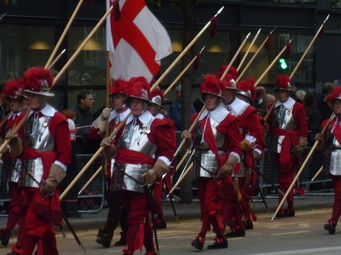 Members of the Lord Mayor's entourage. Photo by Michael Vance. “Why is the London mayor the last in his parade? Because he’s been tipping back the glass, that’s why! Had a bit too many!” An elderly Englishman with ruddy cheeks and a green felt hat told me this while Mike and I watched the Lord Mayor’s Show today in London. The event, which includes a parade of members of the military branches and many flashy floats, commemorates the 800-year-old tradition of the city’s mayor traveling from the Mansion House to the Royal Courts of Justice to pledge loyalty to the Queen. But the best part of the show was the commentary by the Londoners standing directly in front of us. “When the mayor waves, he kind of…” and the Man in the Green Hat swayed back and forth, imitating a drunken salute. Tonight we also walked through Covent Gardens and Piccadilly Circus, which were swirling with thousands of people. Lights were strung above the streets, theatre billboards flashed, and bright red double-decker buses whooshed by. In bustling places like these, I feel my smallness in the world. I am one of 7 billion. The history that advertises itself on the face of all the city’s ancient buildings reminds me that millions have walked these streets before me. This realization is both humbling and freeing. My world that seemed so important in California is just a tiny bubble. Popped. Another London moment that made me smile: Drinking a pint of Oscar Wilde ale (the reigning champion of British beers) in a noisy pub called the Harp in the West End. In the U.S., do we have any Hemingway hefeweizens, Steinbeck pale ales, or Fitzgerald IPAs? Bless the British for loving writers so much. 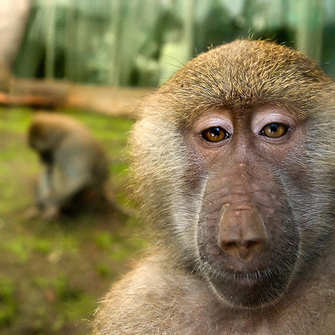 "A good sense of humor goes a long way toward smoothing out tricky situations," says my West Africa guidebook. So I thought I'd do a little pre-trip research by trying to find out what people in West Africa think is funny. That way, when a border guard gives me the stare down, I can say, "Have you heard the one about the monkey?" And I'll tell him a joke, which will make him wheeze with laughter and stamp my passport with flourish, bribe-free. I came across this post on Yahoo called "More jokes str8 outta west africa." The joke is about a woman who wants to poison her unfaithful husband with cyanide, and so she goes to a pharmacy to get the poison. She eventually gets the pharmacist to agree to help when he discovers the husband is actually sleeping with his wife. This is not a good sign for the state of West African health care--and not the kind of joke I want to tell a border guard. I did some more searching for "West African humor" on Google, and I came across quite a few sites from Nigeria, including one that lists 2,224 Nigerian jokes. Infidelity is again a theme. Here's an example: A man was sitting reading his papers when his wife hit him round the head with a frying pan. 'What was that for?' the man asked. The wife replied, 'That was for the piece of paper with the name Jenny on it that I found in your pants pocket.' The man then said, 'When I was at the races last week Jenny was the name of the horse I bet on.' The wife apologized and went on with the housework. Three days later the man is watching TV when his wife bashes him on the head with an even bigger frying pan, knocking him unconscious. Upon regaining consciousness the man asked why she had hit again. The wife replied: 'Your horse phoned!!!' Humor might be culturally relative; however, a British psychologist named Richard Wiseman devoted a year of research to discovering the world's funniest joke. Maybe I'll give that one a try in West Africa. Also, a recent survey by the social network Badoo.com of 30,000 people across 15 nationalities revealed that Americans are perceived as the funniest people on earth, and Germans were voted the least funny. Given that I'm an American of German ancestry, this might leave me trying to be funny and failing miserably. My guess is that if I can at least laugh at myself, I'll get at least halfway across the border. Photo courtesy of Josh Pesavento (broma) |
Archives
July 2012
Categories
All
|
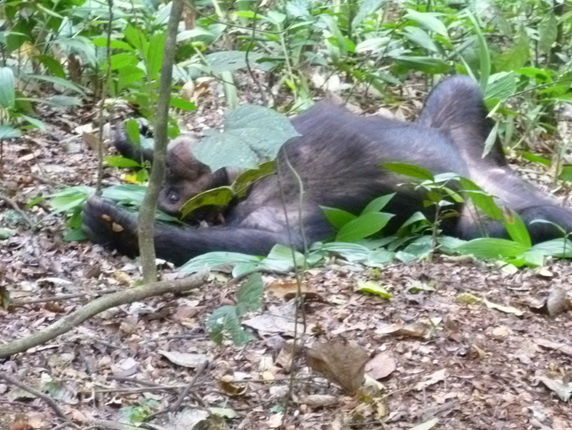
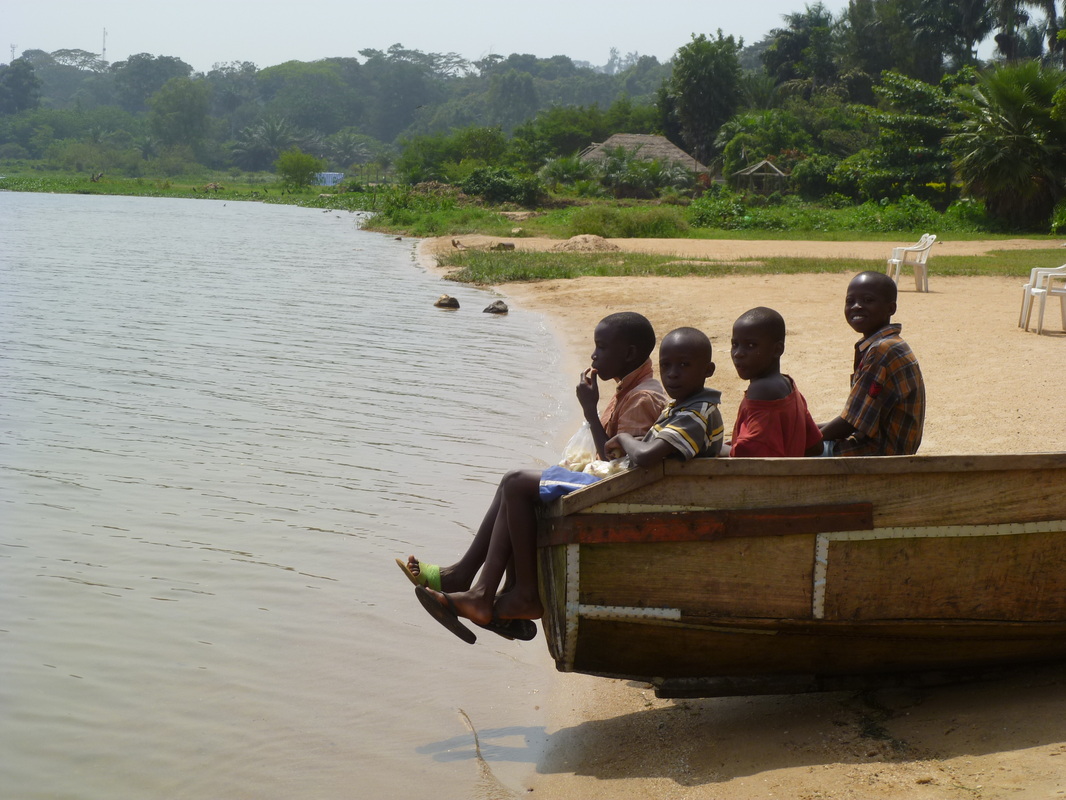
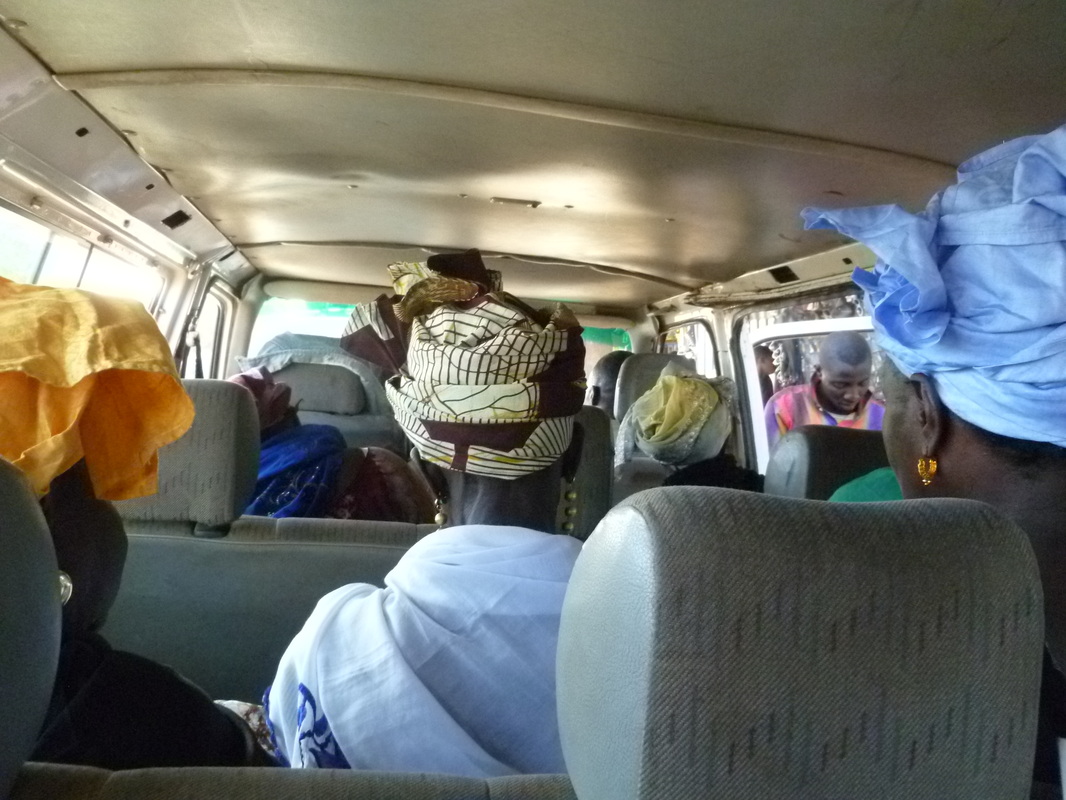
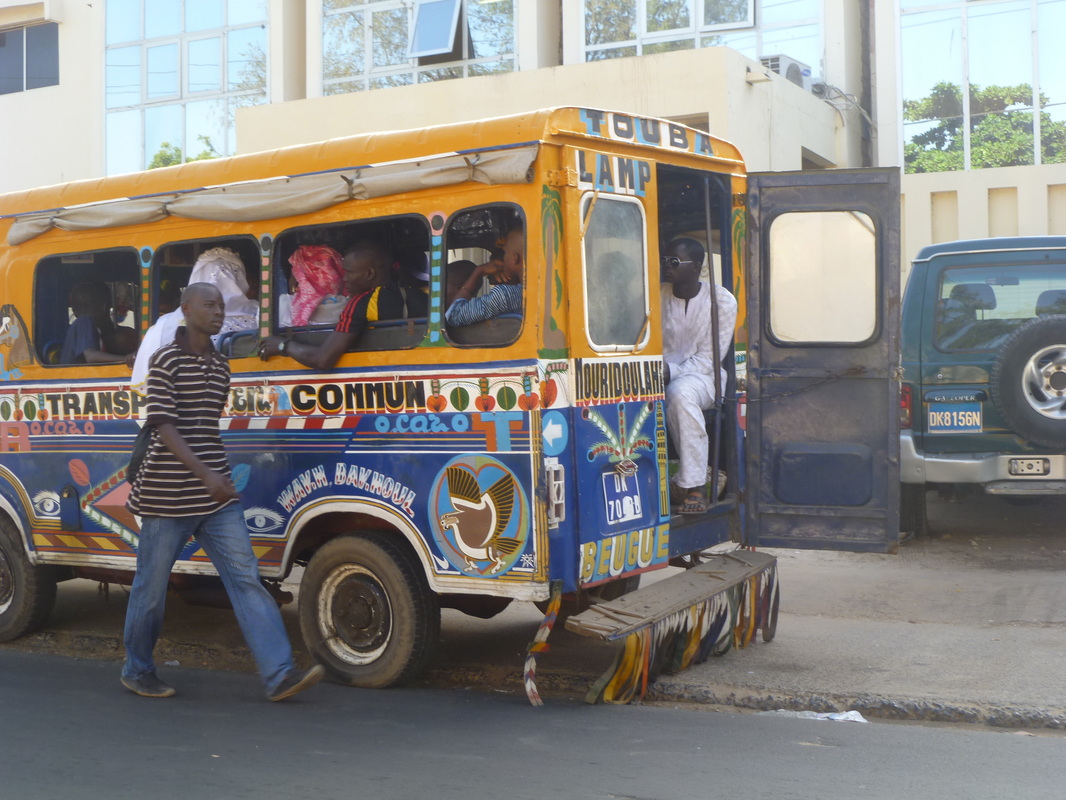
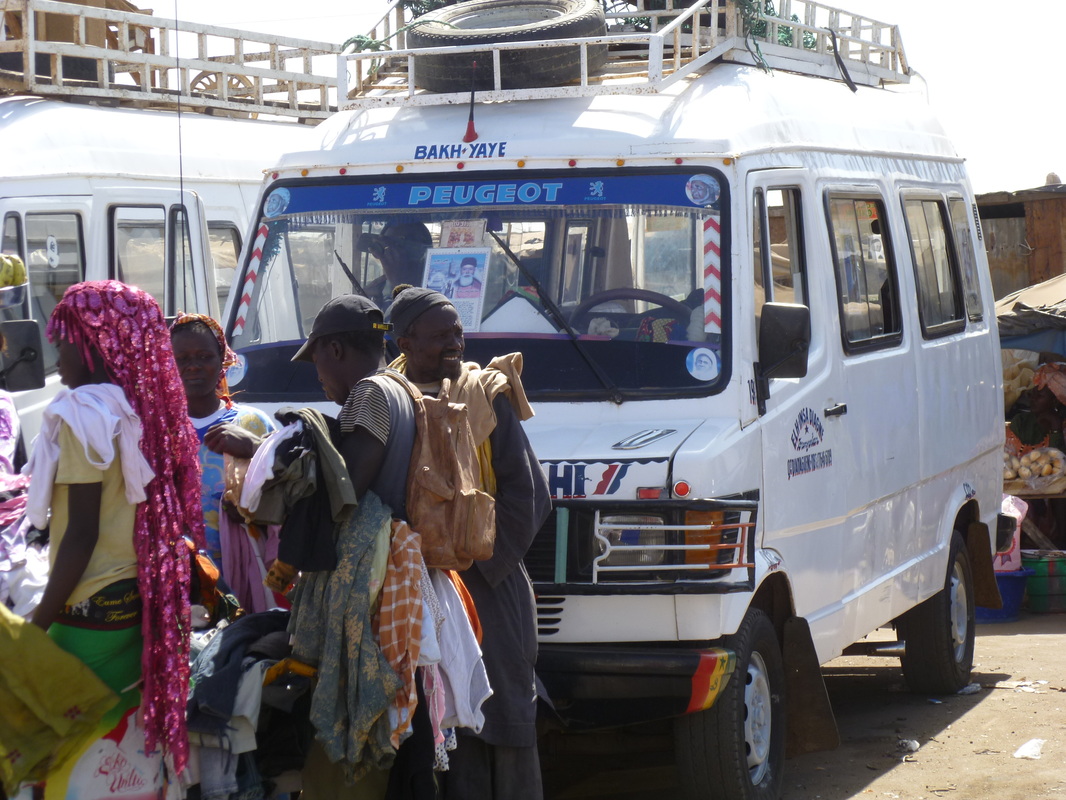
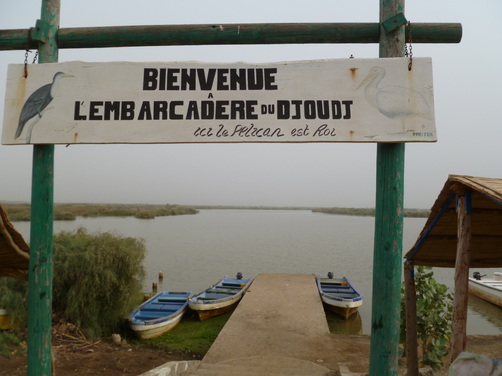
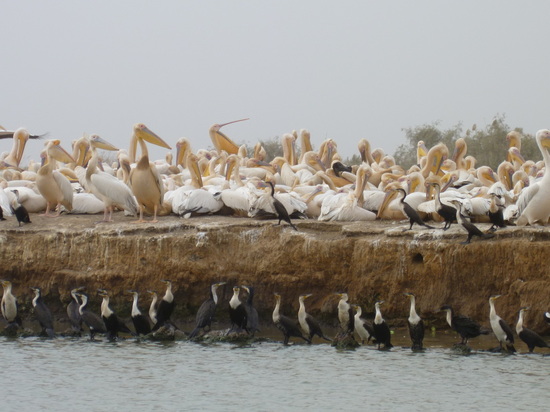
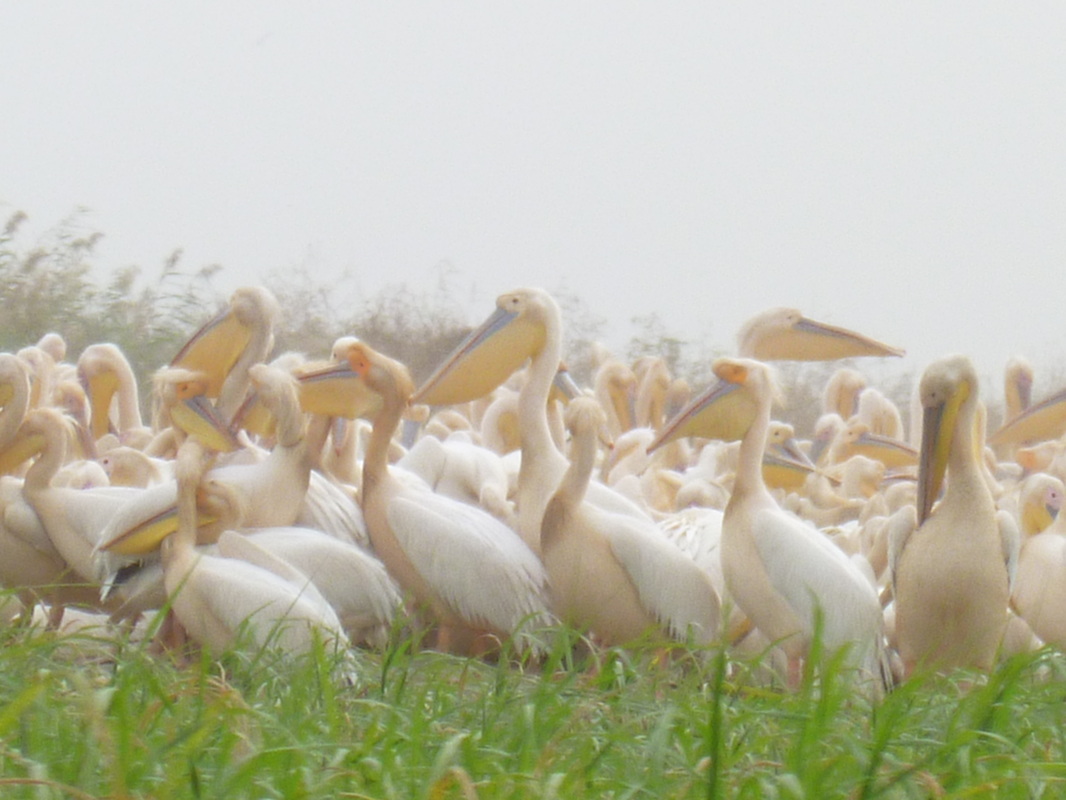
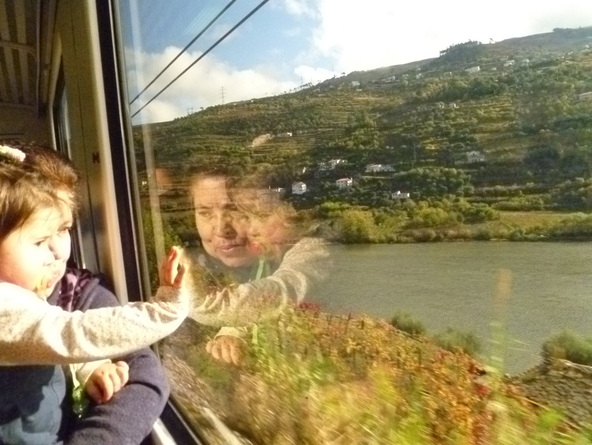
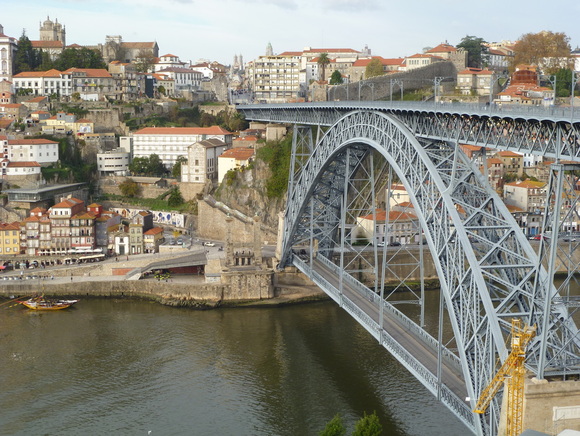
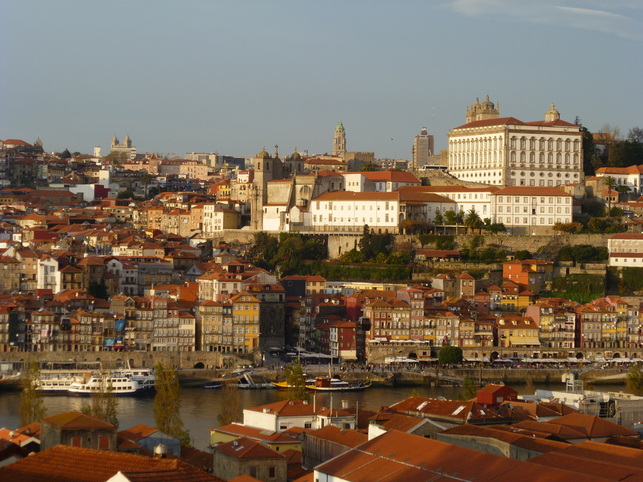
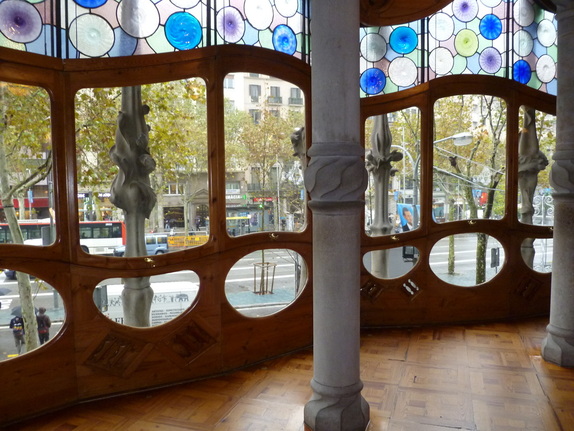
 RSS Feed
RSS Feed